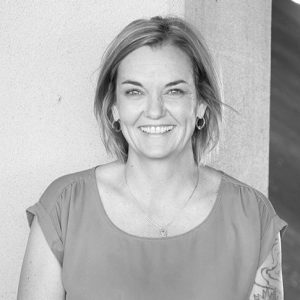The Street Medicine Institute presents the 18th Annual International Street Medicine Symposium to be held September 22-24, 2022 in Toronto, Canada, featuring a presentation by Albuquerque’s ABQ StreetConnect (ABQSC) from Heading Home. Jodie Jepson and Lindsay Fox of Heading Home will be focusing on how strategic and integrated partnerships can dramatically improve mental, physical and social outcomes for unhoused people.
The International Street Medicine Symposium (ISMS) is the world’s premier educational event dedicated to the health care of rough-sleeper (unsheltered) homeless populations. The ISMS will offer an impressive slate of homeless health care experts from around the globe presenting clinical topics, innovations, research outcomes, and best practices relevant to street medicine through a mix of large-group lectures, interactive small-group presentations and workshops, and poster presentations.
The New Mexico non-profit organization Heading Home implemented the Albuquerque StreetConnect (ABQSC) program in July 2017. The ABQSC program is a complex-care intervention designed to provide emergency housing, permanent supportive housing, and prioritized street outreach to individuals experiencing chronic homelessness within Albuquerque, New Mexico. The intervention specifically targets high-need, high-cost utilizers of the criminal justice and emergency medical systems, often those with mental health and substance use comorbidities, who otherwise might be left behind attempting to navigate a fragmented healthcare and social service ecosystem on their own. The ABQSC model relies on a combination of trauma-informed intensive case management at sensitive system touchpoints and unique intervention components to address the multifaceted needs of high-acuity system users, including crisis stabilization and facilitated community re-entry. The ABQSC intervention is designed to provide high-intensity case management services via a set of Navigators. Navigators can be thought of as a fusion of patient navigators in traditional healthcare settings – i.e., “trained personnel who help patients overcome modifiable barriers to care and achieve their care goals by providing a tailored approach to addressing individual needs” (McBrien et al., 2018) – with street-based case managers – to Albuquerque residents experiencing chronic homelessness.
Cooperation and coordination between the City of Albuquerque, Albuquerque Police Department, Managed Care Organizations and healthcare systems in a “housing first initiative” is creating outcomes that have demonstrated patients who were housed with priority had reduced healthcare costs, and improved lives. The reallocation of community resources based on rigorous data ensures decreasing rates of EMS and APD crisis contacts. This is reducing inpatient hospital stays for stabilization of mental and physical health issues, and is attempting to reduce the rising use of excessive force by the Albuquerque Police Department.
Heading Home has compiled data that continues to expose significant gaps in the required safety net for the homeless population in Albuquerque. The barriers patients face in accessing service and resources are staggering, requiring tailored outreach, skilled providers, dedicated resources and unrelenting compassion. Since its inception in July 2017 and through March 2022, ABQSC has served 237 unique participants.
Speakers:

Jodie Lynn Jepson Executive Director, ABQ StreetConnect, Heading Home (Albuquerque, New Mexico, USA)



